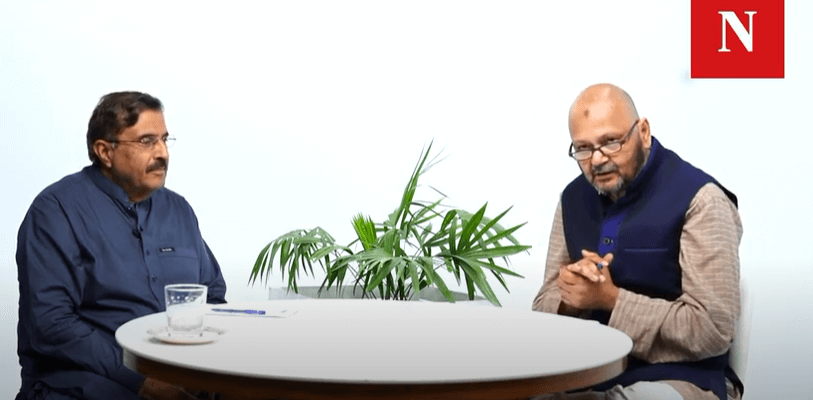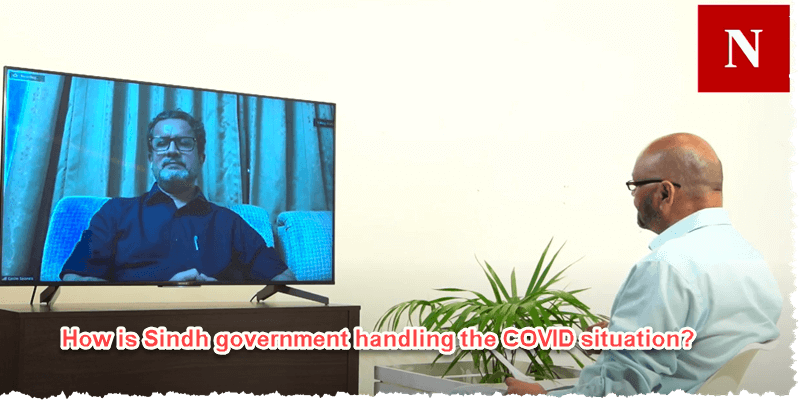Donald Trump has become the first former President of the United States to be indicted on criminal charges. Although the indictment involved alleged illegal campaign contributions, the larger story is of a country heading down an unprecedented road fraught with profound consequences for the health of one of the oldest democracies of the world.
For over two centuries, presidents have been held on a pedestal, immune from prosecution in office and, effectively, even afterwards. That taboo has been broken. A new precedent has been set. While voting to acquit Mr. Trump at his second impeachment trial — the one charging him with inciting the Jan. 6, 2021 attack on the Capitol — Senator Mitch McConnell, the Republican leader from Kentucky, said that he did so because Mr. Trump was no longer in the office but added that he was still subject to criminal prosecution.
As the former President of the United States, Trump may face more charges in Georgia and Washington, potentially even a fourth. If the issue is accountability, the case could redraw the lines and make it less daunting for prosecutors to charge more serious crimes if they have the evidence.
Meena Bose, who runs a presidential history project, said a country plagued by polarization and concerns about democracy would be stronger by enforcing responsibility on its leaders. The case could also become a moment of reckoning, a sign that even someone once the most powerful person on the planet is not above the law. While the indictment of Trump takes the country into uncharted waters, the authors of the Constitution might have been surprised that it took so long.
Justice Department policy maintains that sitting presidents cannot be indicted. Still, the framers explicitly contemplated the prospect of them being charged after leaving office. “The framers would have been horrified at the possibility of a president ever being above the law while in office or after leaving it,” says Michael J. Gerhardt, a constitutional law professor at the University of North Carolina. However, others worry about the long-term consequences for the presidency, not least because this indictment is brought by a local prosecutor rather than the Justice Department, opening the door to prosecutors around the country taking it upon themselves to go after a president. This allows thousands of state and local prosecutors to investigate and charge a president without impediment to the DOJ’s policy against indicting sitting presidents.
Goldsmith said that any prosecution could tear at the fabric of the system. “Especially if this indictment is followed by even a justified indictment from the special counsel, we will see recriminations and retributions in the medium term, all to the detriment of our political national health,” he said.
While no president has ever been indicted, others were worried about being indicted after office. Richard M. Nixon was pardoned by his successor, Gerald R. Ford, a month after resigning, sparing him any prosecution in the Watergate scandal. Bill Clinton struck a deal with Whitewater prosecutors on his last full day in office in which he admitted providing false testimony under oath about his affair with Monica S. Lewinsky, gave up his law license for five years and paid a $25,000 fine in exchange for not facing charges as a private citizen.



